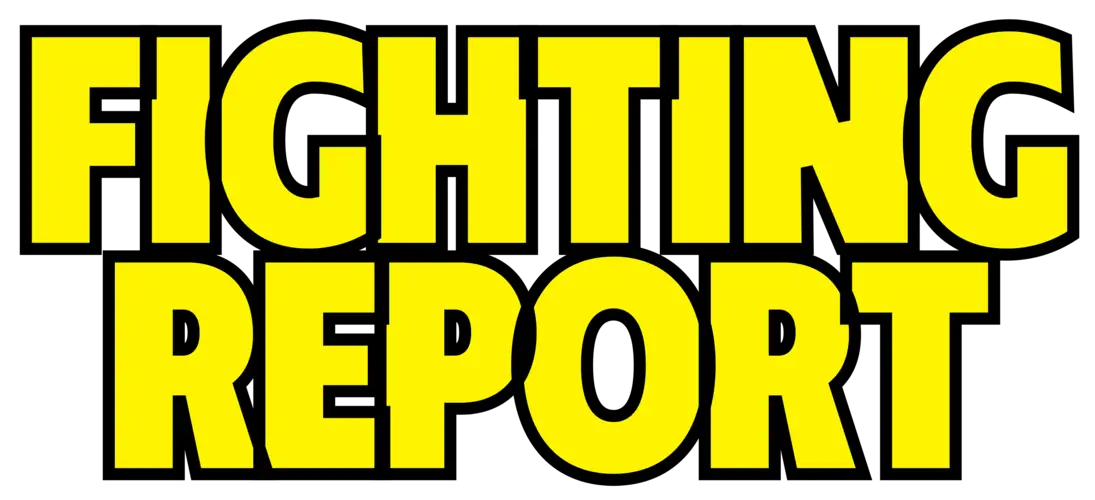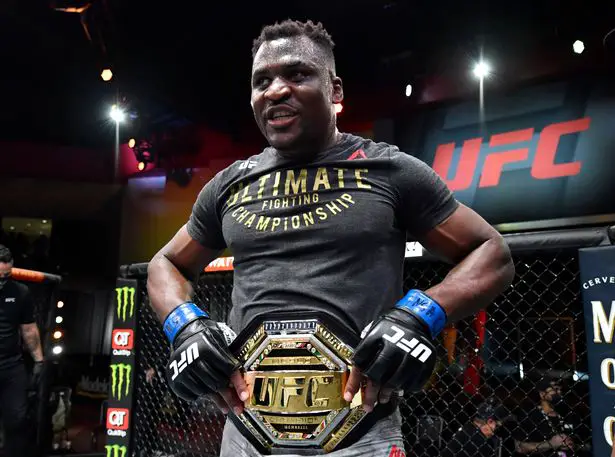Brand before brotherhood. Profits before pride.
That’s what the UFC is really all about, and if you don’t like it, you can hit the bricks.
Just ask Francis Ngannou, who up until a few days ago was the reigning and defending UFC heavyweight champion and is now without a job.
That’s right. The biggest, baddest man in the UFC was given a stiff one when attempting to renegotiate his contract knowing full well the person across from him didn’t want him there. Ngannou was set to face the UFC’s golden child, Jon Jones, to help fulfill the long-running fantasy in Dana White’s head of putting the heavyweight title on Jones.
The problem was that Ngannou had some demands. Now I could stop right there and that’s all the explanation you’d need to know why Ngannou left, but I’ll indulge you.
Last year, Ngannou commented ahead of his expiring contract that he was tired of how the UFC was treating their fighters concerning pay and opportunities. Despite being the largest MMA organization and worth billions of revenue year in and out, UFC fighters are paid a pittance compared to what they bring in.
Their restrictive contracts also prevent them from violating the promoter’s deal with Reebok, meaning no side deals or endorsements that could get them paid. At the same time, fighters from the UFC are forbidden to participate in any other activities or sports that could compromise their time in the octagon.
In the past, fighters like Brock Lesnar and Conor McGregor were able to dip in and out of the sport as they pleased, but they are the rare examples of fighters that are too big for promotion. The UFC couldn’t prevent Lesnar’s multiple returns to the WWE, nor could they stop McGregor from getting his brain rattled by Floyd Mayweather in a boxing ring. The rub was that Lesnar and McGregor would eventually return, and bring an even bigger audience with them when they did.
Ngannou admittedly is not Lesnar or McGregor.
Terms are scarce as to what occurred between Ngannou and White, but White recycled his usual trope of slandering outgoing talent by saying they “want easy fights.” Since his contract initially expired, Ngannou said he was done fighting at the UFC cap of $500-600K and wanted more than anything to venture into boxing. That was a “no and no” for White then, and remained the same now.
What really seemed to push this wagon off a cliff was Ngannou’s newest demands, which included health insurance, the chance to pursue his own sponsorships, and a chance to box. The money was reported in the $8 million range, but Ngannou also wanted a fighter’s advocate to be present in all fight negotiations–something that Jake Paul is championing ahead of his debut with PFL later this year.
Because the UFC under White’s watch profits by keeping fighters pay down and limiting how much they can make, no way was going to work. Ngannou and White walked away, and now Jon Jones is facing Ciryl Gane for a paper title at UFC 285 that will never feel legitimate as long as Ngannou continues competing.
So where to now for Ngannou? Being out of the UFC seemingly clears him to box, but the added bonus of him being a reigning and defending champion should he face Tyson Fury as he has hoped he would.
The likely choice is he either makes his debut with PFL later this year, teaming up with Paul and helping him legitimize the promotion as an outfit where fighters get their fair share and representation. It may not be enough to sway other big names from the UFC right away, but it doesn’t have to be.
Either way, Francis Ngannou is a man who walked away from life-changing money because of his principles. Because of that, he stands far more to gain as an advocate for himself and for fighters who don’t have his booming voice or presence within the sport.
That will last a lot longer than a potential Jones title reign, which if we were, to be honest, would never have happened if Ngannou was around.
If that isn’t the making of a real champion, then I don’t know what is.

